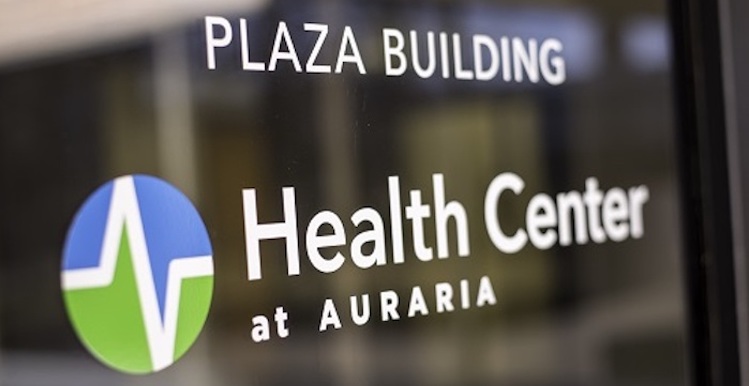

In July, 62 new cases of monkeypox were reported across Colorado, bringing the state’s current total to 71 confirmed cases.
While no monkeypox cases have been reported on campus, the Health Center at Auraria encourages all members of the campus community to be aware of the following helpful safety and awareness information:
What is monkeypox?
According to the Colorado Department of Public Health and Environment, monkeypox is in the orthopox family of viruses. Monkeypox is rare, but it can be serious for people who get sick.
Early symptoms can include fever, headache, muscle aches, swollen lymph nodes and exhaustion. Most people get a rash or skin bumps one to three days after they first start feeling sick. This rash usually starts on the face and then spreads to the arms and legs. Sometimes, the rash may start in the genital area. Some people don’t feel any symptoms before they get a rash. Monkeypox can look like syphilis, herpes, blisters or even acne.
How does monkeypox spread?
Per the CDPHE, monkeypox can spread to anyone through close, personal, often-skin-to-skin contact. Close contact can mean physical contact with a sick person’s sores, bumps or lesions, including but not limited to sexual contact. Monkeypox can also spread through touching the bed linens or clothing of someone who is sick. Monkeypox can also live on other surfaces for some time.
Who should get tested for monkeypox?
The CDPHE recommends monkeypox testing for people who have a new rash, lesions or sores with pus and could have had close contact with someone who was infected.
If the Health Center encounters a potential monkeypox case on campus, what is the procedure for testing and notification?
As of July 26, five commercial labs have gained approval, including Quest Diagnostics. The Health Center at Auraria uses Quest Diagnostics, and the center has testing swabs. The HCA will take samples from one or two lesions of suspected monkeypox. The patient is then advised to isolate from others (avoid skin-to-skin contact); not share linens, clothes or towels; and wash their hands frequently to reduce the chance of spreading the virus to others.
If the lesion(s) are positive for monkeypox, state epidemiologists will take over. There can be treatment, but it is usually a self-limited disease with symptoms lasting two to four weeks.
Is there a monkeypox vaccine?
Yes. There is a limited supply of monkeypox vaccine, called Jynneos. While the monkeypox virus is indiscriminate, the vaccine is being offered by the State of Colorado primarily to members of at-risk groups, defined by the state as:
- Gay, bisexual or other men who have sex with men ages 18 years and older who have had multiple sexual partners, and/or sexual partners they did not previously know, in the past 14 days.
- Anyone age 18 years or older who believes they have been in close contact with someone who has monkeypox in the past 14 days.
Members of the campus community who have specific questions or concerns can seek information and equitable, inclusive health services through the Health Center at Auraria. Anyone who is experiencing fear, anxiety or stigma related to the monkeypox virus can contact the Counseling Center or the LGBTQ Student Resource Center.
To learn more about monkeypox and vaccine options, please visit the CDPHE website.

